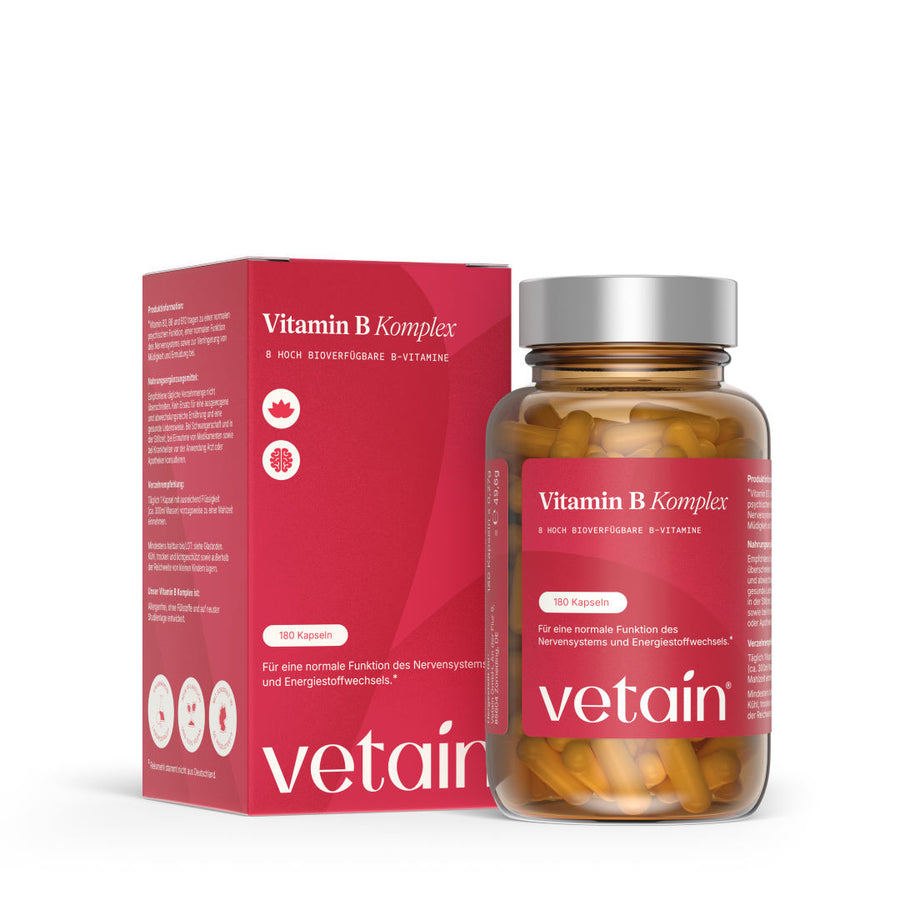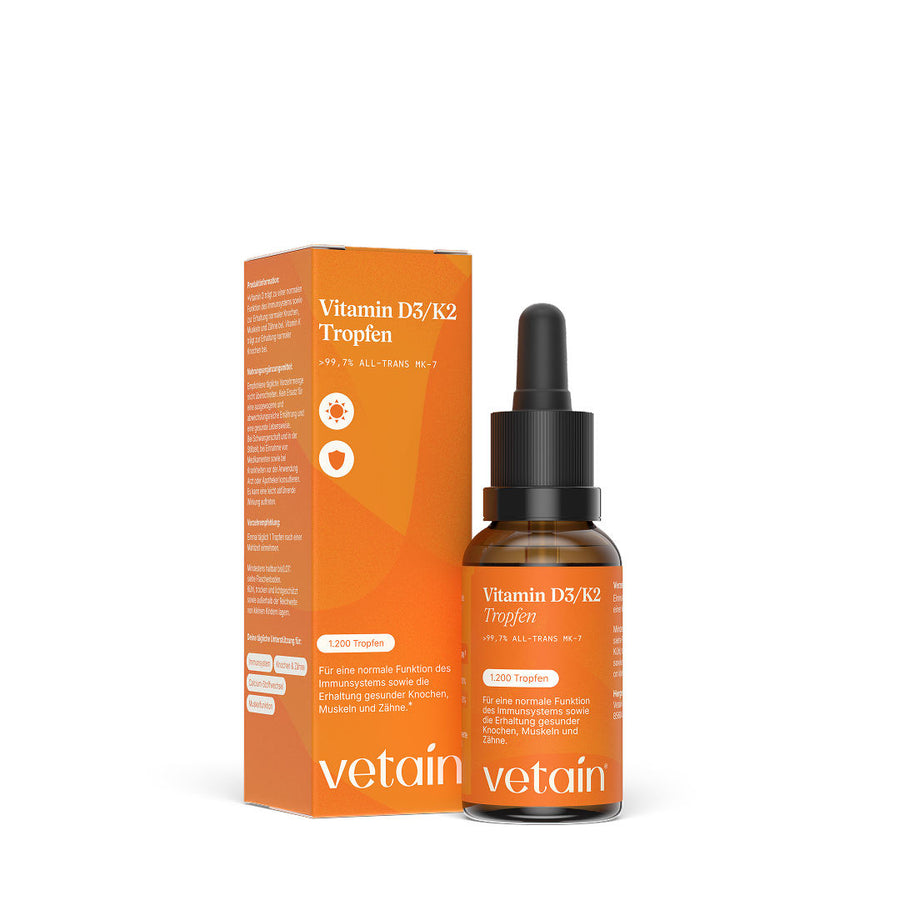The vitamins seem to have decided to go through every letter of the alphabet — so it’s only a matter of time before vitamin Z hits the market. It’s enough to make your head spin, and you might wonder: what do I really need? Today, we won’t talk about the entire vitamin alphabet, but focus on just one letter: C. More precisely: vitamin C infusions. What are they? What do they do? How important is vitamin C? What happens if you’re deficient? What are the best sources — and is a vitamin C infusion one of them? Big questions, and we’ll answer them all! Stick around to the end and we’ll also give you an overview of how much it might cost if you decide to try it.
Speaking of dizziness & headaches: those aren’t just side effects of a never-ending vitamin alphabet — they can also be signs of a vitamin C deficiency! The most accurate way to know which vitamin you’re lacking is a blood test. Let’s dive right into the benefits and side effects of vitamin C.
How vitamin C infusions help: benefits and side effects
A quick note on the term itself: a vitamin C infusion is a method of delivering high-dose vitamin C directly into the bloodstream. Unlike intake via food or supplements, the vitamin bypasses the digestive tract and enters the body directly. It’s often used in cases of fatigue, weakened immune function, or inflammatory conditions. It’s also increasingly used in alternative medicine.
Vitamin C itself is involved in numerous important processes in the body. One of its best-known properties is its positive effect on the immune system. An infusion helps strengthen your defenses and protects cells from oxidative stress. It’s also essential for collagen formation, which is important for skin, joints, and connective tissue. In addition, it improves iron absorption from plant-based foods — particularly relevant in vegetarian and vegan diets. You’ve probably noticed that many vitamins and supplements are often recommended “together with vitamin C.” That’s because it’s involved in so many processes and, in a way, acts as a crutch for the rest of the vitamin alphabet.
%-product_content-%
Another area of use is cellular protection: vitamin C acts as an antioxidant and neutralizes free radicals that can be caused by stress or environmental toxins.
But what about an infusion — is it useful for everyone? And how does it differ from oral intake?
High-dose vitamin C via infusion – benefits and risks
A major advantage of a high-dose vitamin C infusion is rapid and effective absorption. While orally ingested vitamin C is only utilized to a limited extent, an infusion reaches the bloodstream directly. That’s because it doesn’t have to pass through the digestive tract before it finally arrives where it’s needed. The effects of a vitamin C infusion are most noticeable in supporting the immune system, improving wound healing, and assisting with chronic conditions. Some people also report a noticeable increase in energy and a reduction in inflammation.
However, there are also potential risks. An excessively high dose may cause side effects such as
nausea,
diarrhea,
mild gastrointestinal discomfort,
headaches,
or irritation at the injection site.
Sensitive individuals may also experience dizziness or mild malaise. In rare cases, a temporary sensation of heat or skin redness has been reported after the infusion. People with kidney problems or a tendency to develop kidney stones should be particularly cautious, as excessive vitamin C intake via infusion or other forms may increase the risk of oxalate stones. Very high doses can also disrupt mineral balance.
Initial aggravation
Another topic is the so-called “initial aggravation” with a vitamin C infusion. Some people report a short-term worsening of symptoms after the first infusion. This may be because the body needs to adjust to the high vitamin C dose. In most cases, these reactions subside quickly.
A high-dose vitamin C infusion should always be discussed with a doctor. If you’re unsure or have chronic conditions, get medical advice in advance to rule out potential risks.
Fatigue & more: vitamin C deficiency and daily requirements
A vitamin C deficiency can lead to various health issues. Early symptoms often include fatigue, susceptibility to infections, and poor wound healing. A pronounced deficiency can even lead to serious conditions such as scurvy over time. So how much vitamin C do you need per day? The German Nutrition Society (DGE) recommends 95 to 110 mg per day for adults. In certain situations — for example with stress, infections, or smoking — needs can be significantly higher.
Because vitamin C is important for many other processes, a deficiency can trigger additional problems — collagen production may be impaired, iron may be absorbed less efficiently, etc.
How often should a vitamin C infusion be used?
How often an infusion should be administered depends on various factors. During acute infections or periods of high stress, a weekly infusion may be useful, whereas for long-term use, monthly intervals may suffice. In general, an individualized medical plan is recommended. If you regularly suffer from exhaustion or a weak immune system, you might benefit from a vitamin C infusion for fatigue. But psst: sometimes we also just need to work on our sleep hygiene. Good sleep shouldn’t be underestimated!
Typically, an infusion isn’t necessary — standard oral intake already supports the body well. It’s more helpful for preventing a deficiency and can also correct minor deficiencies. If you have a significant deficiency that you want to resolve quickly, a vitamin C infusion could be a sensible option.
The cost of a vitamin C infusion
As promised, let’s talk money at the end. As you might guess, it’s more expensive than standard oral preparations. Costs vary by provider and dosage, but typically range between 50 and 150 euros per infusion. Statutory health insurers generally do not cover the cost unless there is a proven vitamin C deficiency.
Have you ever tried a vitamin C infusion? Feel free to share your experience — or ask us questions if you have any.
Want to learn more about the rest of the vitamin alphabet? Then check out our article “All vitamins in one table”.















 6 Min
6 Min
 Zuletzt aktualisiert am 30.10.2025
Zuletzt aktualisiert am 30.10.2025



